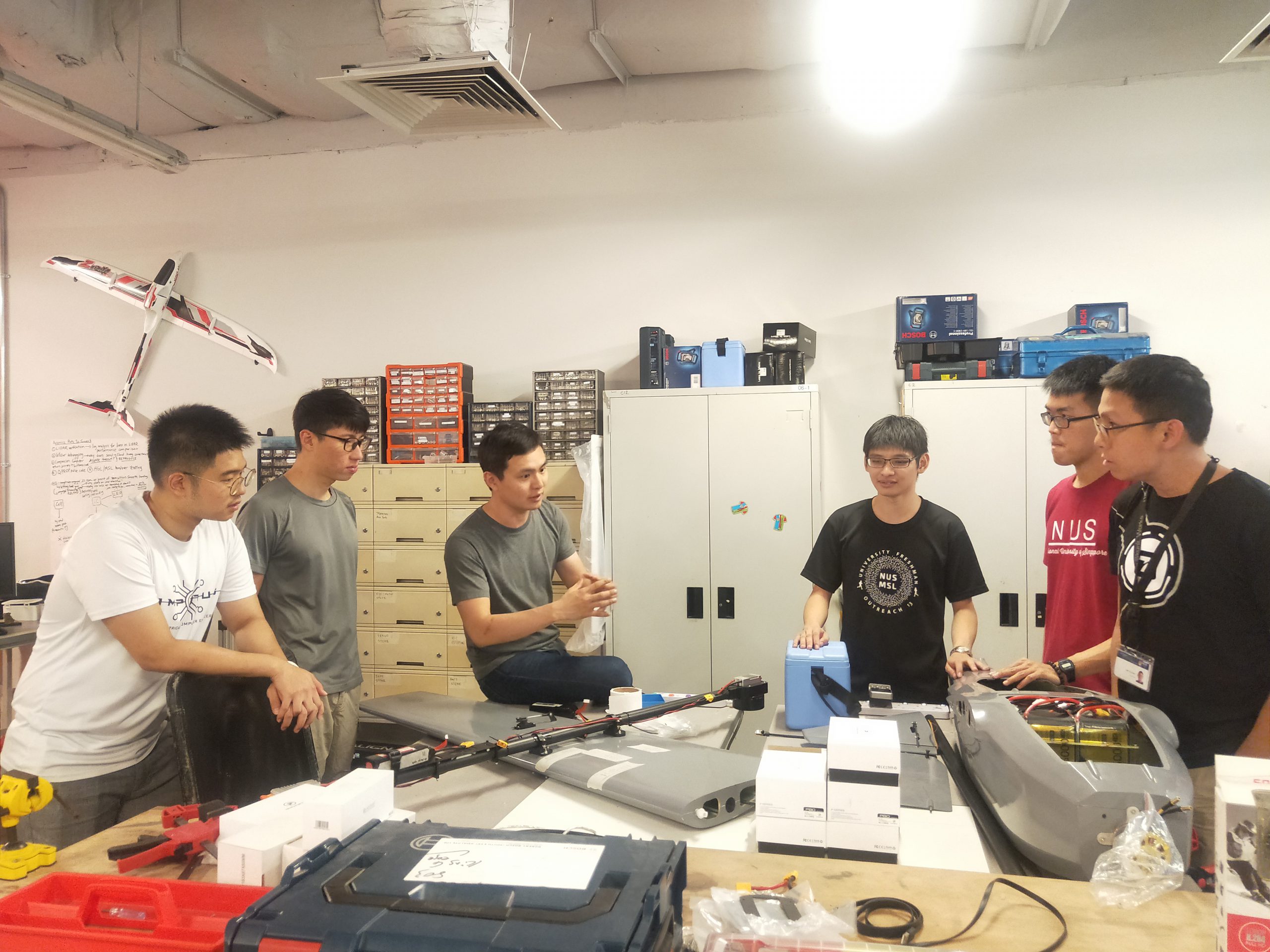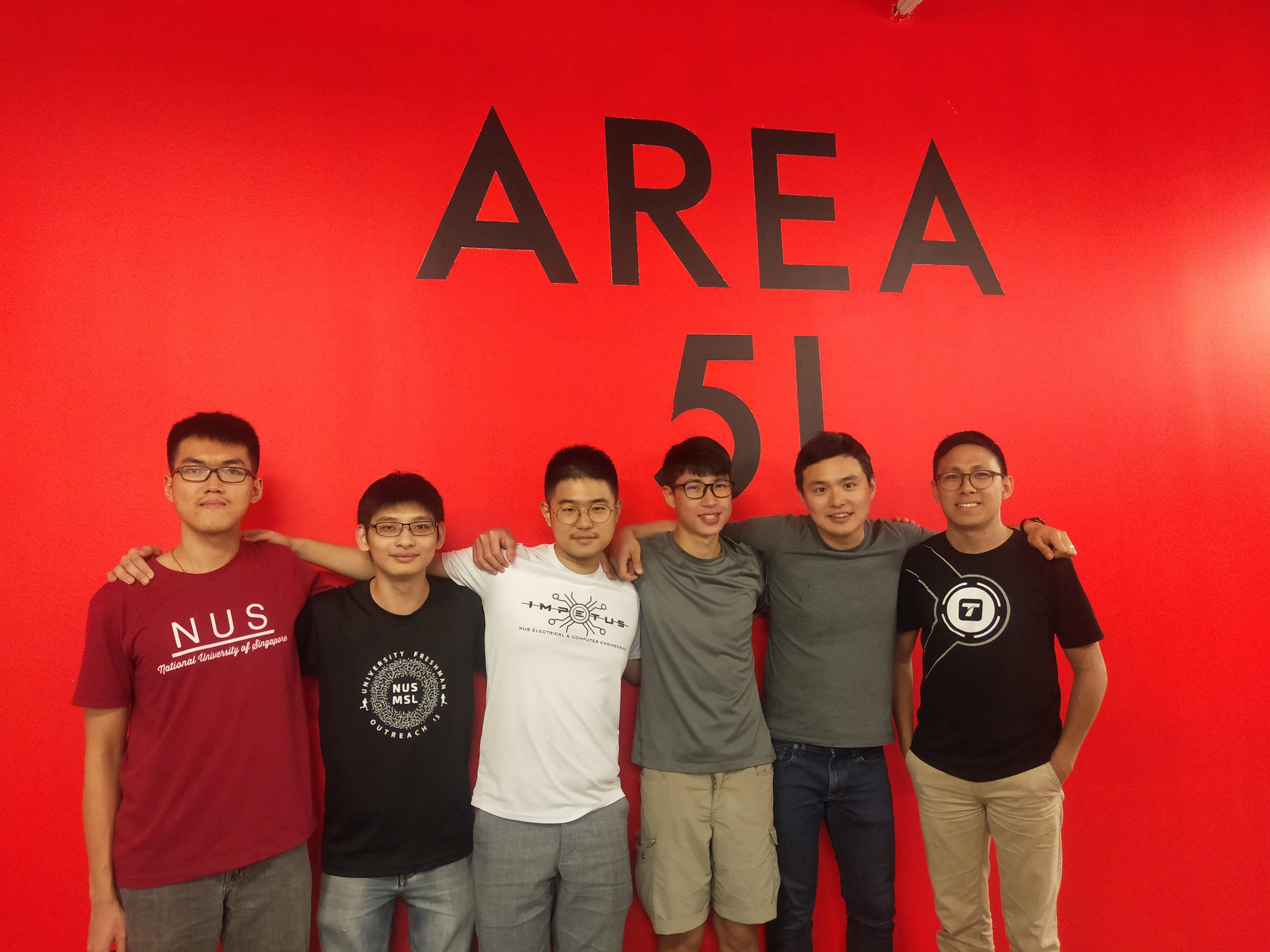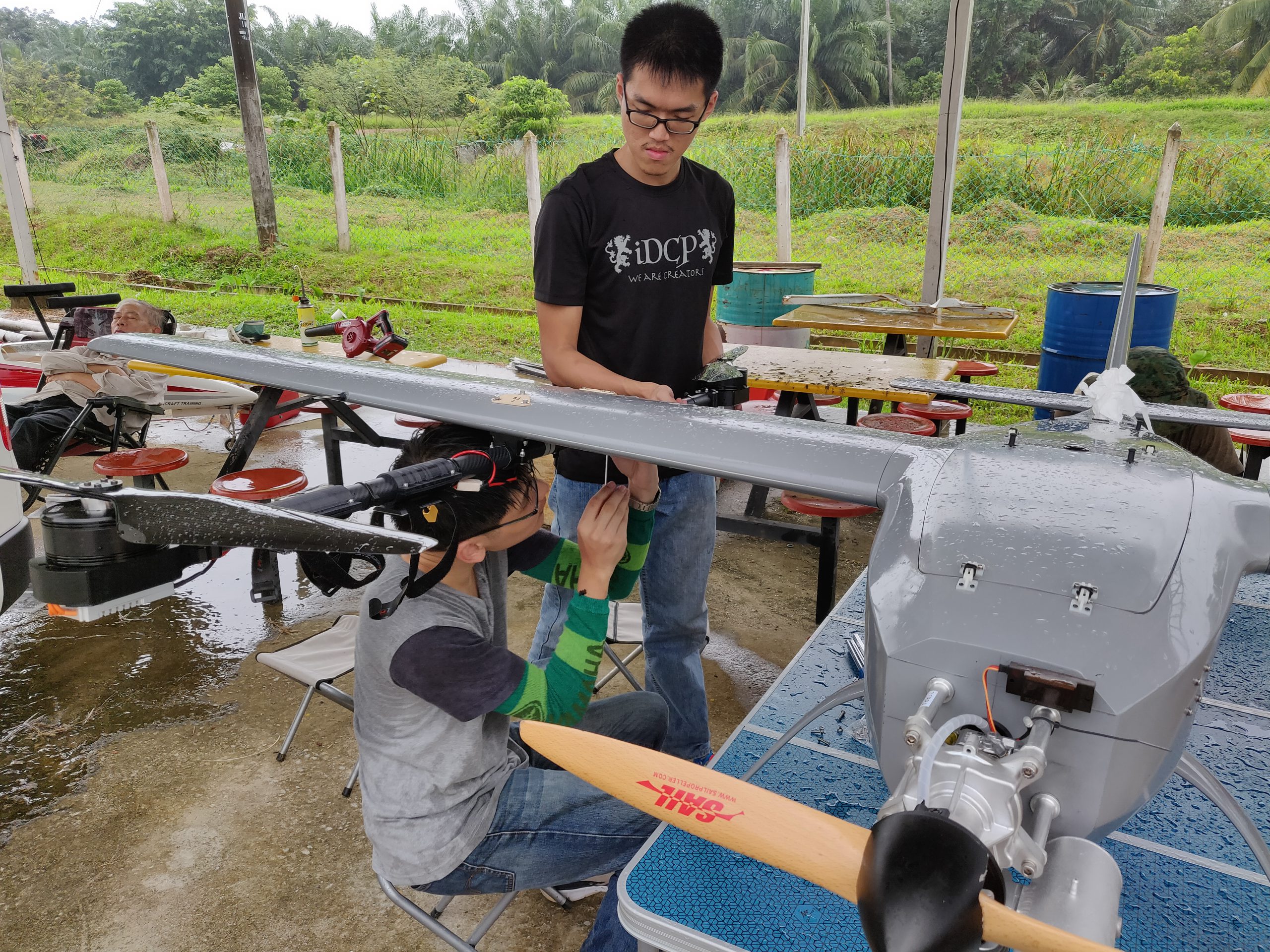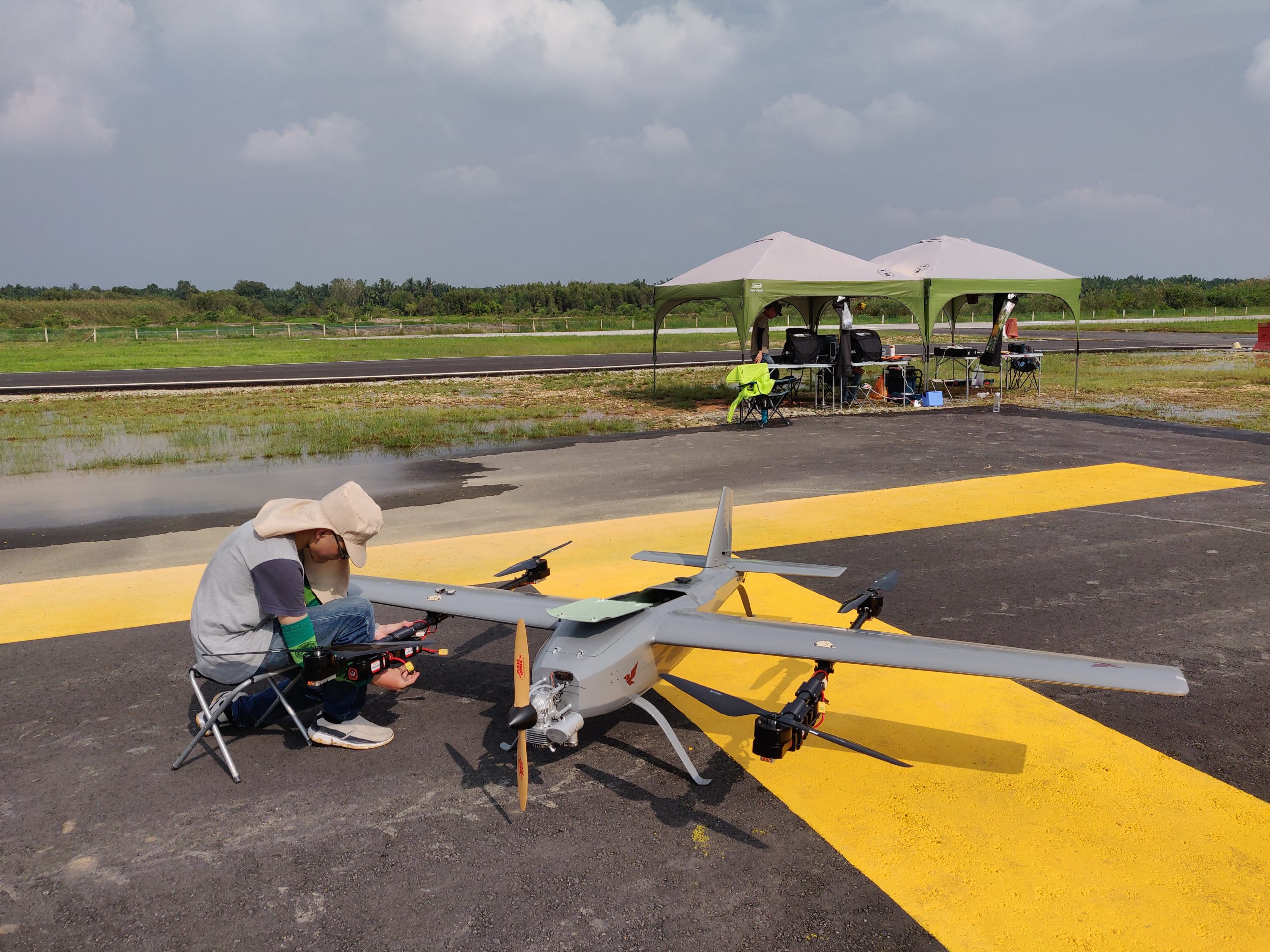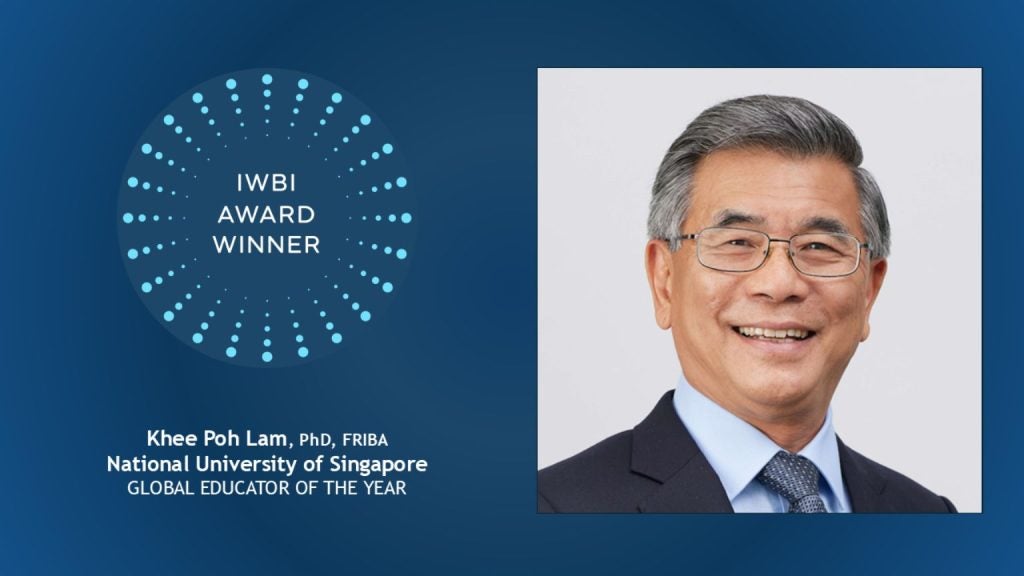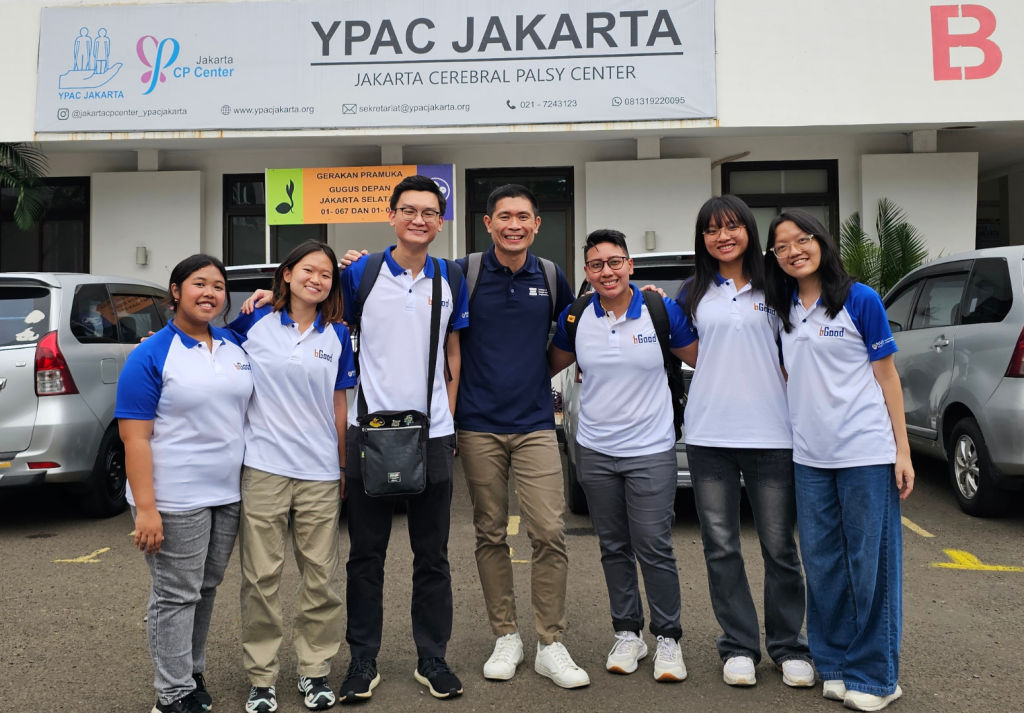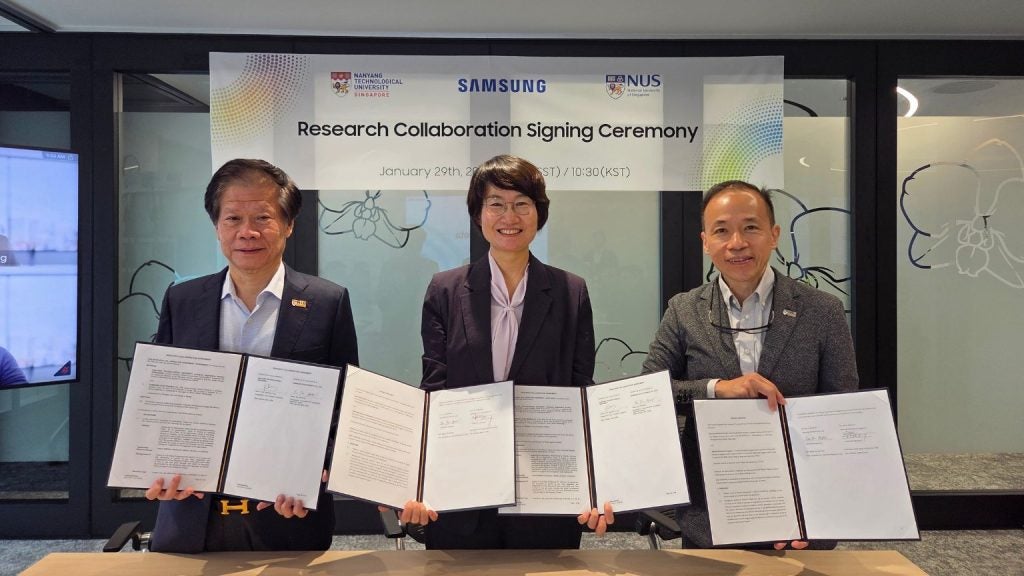
How engineering expertise is delivering medical supplies to marginalised communities
Stepping into Yonah's office, we see a collection of 3D printers, CNC machines and workstations - as well as an unfinished prototype of their latest drone, which is capable of delivering a 3kg payload over an impressive 100km radius.
This is the headquarters of Yonah, a young social enterprise that aspires to solve logistical issues in rural and remote areas, where challenging terrain and the lack of proper infrastructure are inhibiting communities from accessing basic healthcare.
Where it all started
Yonah was founded in 2016 by two NUS Engineering graduates who saw a major problem - a lack of access to basic healthcare in rural areas - and decided to tackle the challenge head on.
The implications of this lack of basic healthcare is huge. In areas such as Papua New Guinea, Timor-Leste and parts of Indonesia, rural areas commonly see outbreaks of diseases such as measles, and stockouts are common at remote outposts. Additionally, without a reliable method of delivering patients' samples to test centres, hospitals are restricted in the amount of care they can provide patients. While healthcare services are available in these areas, patients and healthcare providers are unable to reach one another.
But Yonah is turning the situation around with its fleet of unmanned aircraft (drones) that transport vaccines and medical supplies from hospitals to communities-in-need.
Saving lives with innovative engineering
Yonah's drones are carrying out ground-breaking, life-saving work. Co-founder Ong Tian Chang (Engineering '14) humbly refers to themselves as "DHL for rural hospitals", but they are so much more. Yonah's engineers - who are comprised of Yonah's founders and a young team of NUS Engineering undergraduates - are constantly developing better and more efficient drones, as well as improving the software intelligence that flies the drones to their destinations.
Yan Han and Zhen Lee are mechanical engineering students in their third year of studies at NUS Engineering. Both joined Yonah after receiving an invitation to visit Yonah's office/workshop, where they learnt more about Yonah's social mission and the challenges involved. The undergraduates were intrigued by the opportunity to work on drones and save lives, while getting real-life lessons in engineering.
Undergraduates' perspectives
Having been on the team for a couple of years, the pair of undergraduates credit the experience with giving them a holistic outlook on engineering.
Yan Han says, "I joined Yonah in my first year at NUS Engineering and started doing a lot of 3D modelling work with the team. Because I needed to solve real-world problems, I studied in advance of my lectures to improve my expertise in this area. By my second year, I found that I was ahead of my peers in this module. It's been exciting to see how closely our real-life experiences and studies are intertwined."
Zhen Lee adds, "It's also fascinating to realise how the theories we study in lectures are applied in practical situations. For instance, when I first heard of technical terms like 'static margin' and 'chord length' in lessons, they made an impression on me, but didn't quite stick. Using them in hands-on situations at Yonah, their true importance really comes to light."
Measuring success
Yonah's long-term survival depends on its ability to attract capable undergraduates who have the heart and talent to take Yonah from where it is today, to where it aspires to be - a means for improving healthcare logistics in rural areas and for marginalised communities.
Fellow co-founder Sim Zhi Min (Engineering '16) tells us that success to the team is measured by several key statistics, such as a decrease in measles outbreaks in the areas Yonah drones are deployed in, a drop in infant mortality rates, a reduction in the number of stockouts at outposts, as well as increases in vaccinations and the number of services that hospitals can provide to their communities, thanks to their collaboration with Yonah.
How NUS Engineer's customisable curriculum is helping Yonah attract talent
The founders credit NUS Engineering's customisable curriculum with enabling keen students to take on roles at Yonah.
Tian Chang tells us, "Undergraduates at NUS Engineering are allowed to tailor up to a quarter of their modules. This allows them to pick and choose modules and projects that they are passionate about, which includes joining our team at Yonah. I'm grateful as this provides us with a consistent influx of talent that we can grow and develop."
